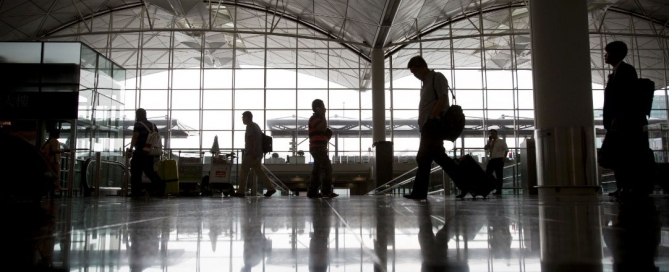First quarter ends on strong note for passenger traffic
The International Air Transport Association (IATA) has announced global passenger traffic results for March 2017 showing that demand (measured in revenue passenger kilometers, or RPKs) rose 6.8%, compared to the same month a year ago. Middle East carriers' traffic growth slowed to 4.9% in March compared to a year ago, which was a considerable slowing from January and February year-over-year demand growth. Capacity grew 6.1% and load factor climbed by half a percentage point to 80.4%, which was a record for the month. March demand growth represented a moderate slowdown relative to performance in February after adjusting for the distortion in the year-to-year comparisons owing to the extra day in February 2016. The imposition of the ban on large electronics in the cabin on certain routes to the US and UK occurred too late in March to have an effect on traffic figures. “Strong traffic demand continued throughout the first quarter, supported by a combination of lower fares and a broad-based upturn in global economic conditions. The price of air travel has fallen by around 10% in real terms over the past year and that has contributed to record load factors. We will have to wait another month to see the impact of the laptop ban on demand,” said Alexandre de Juniac, IATA’s Director General and CEO. March international passenger demand rose 6.4% compared to March 2016, which was a slight deceleration compared to February, after adjusting for the leap year distortion in February. Airlines in all regions recorded growth. Total capacity climbed 6.1%, and load factor improved 0.2% percentage points to 78.8%. Middle East Carriers This is related more to developments seen last year, while any impacts from the laptop ban will be visible
 Cessna Citation V
Cessna Citation V Embraer EMB 120 Brasilia
Embraer EMB 120 Brasilia






